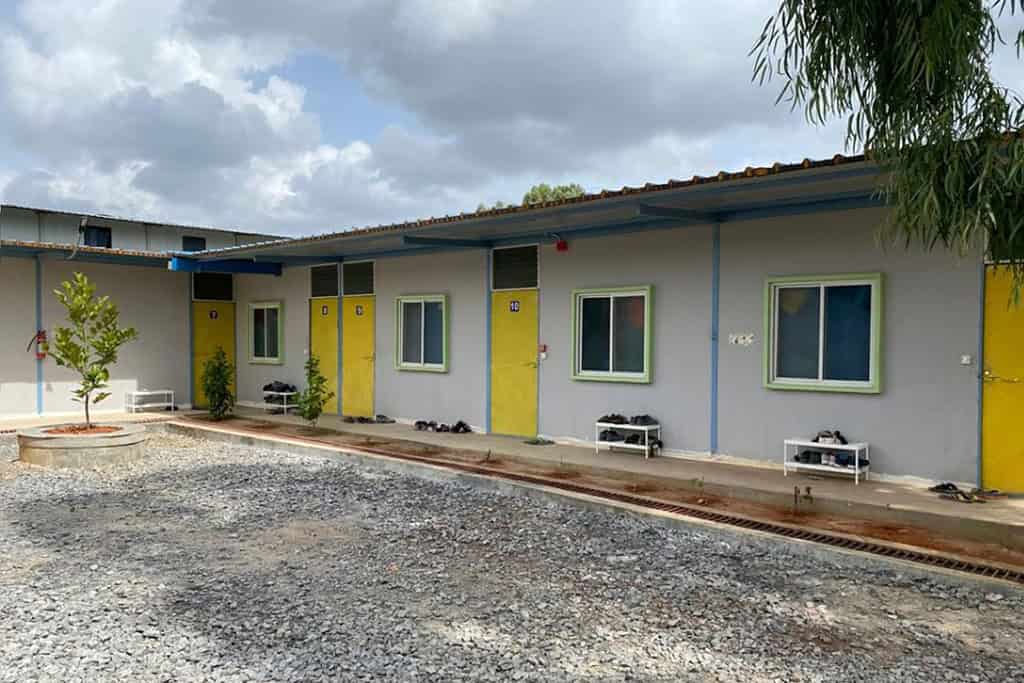- Blog
- Workforce
- India
This is the story of LabourNet, which had the courage to pivot when the pandemic struck and the needs of their community were forever changed. Gayathri Vasudevan, LabourNet’s co-founder, was able to see beyond what is, and imagine what could be.
